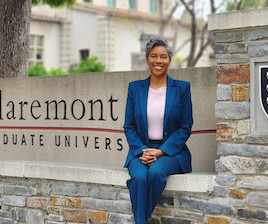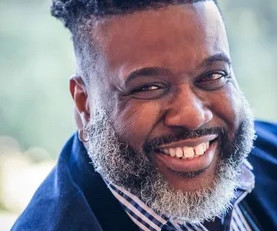Inspired by Veteran Grandfather, Therapist Teaches Wellness, Inclusion
Diverse: Issues in Higher Education
SEPTEMBER 19, 2023
Student affairs leader Quamina Carter did not take a traditional route to higher education. For a decade prior to coming to Claremont Graduate University (CGU), she worked as a clinical therapist in DePauw University’s counseling center. in higher education and student affairs from CGU. Carter holds a B.S.











Let's personalize your content